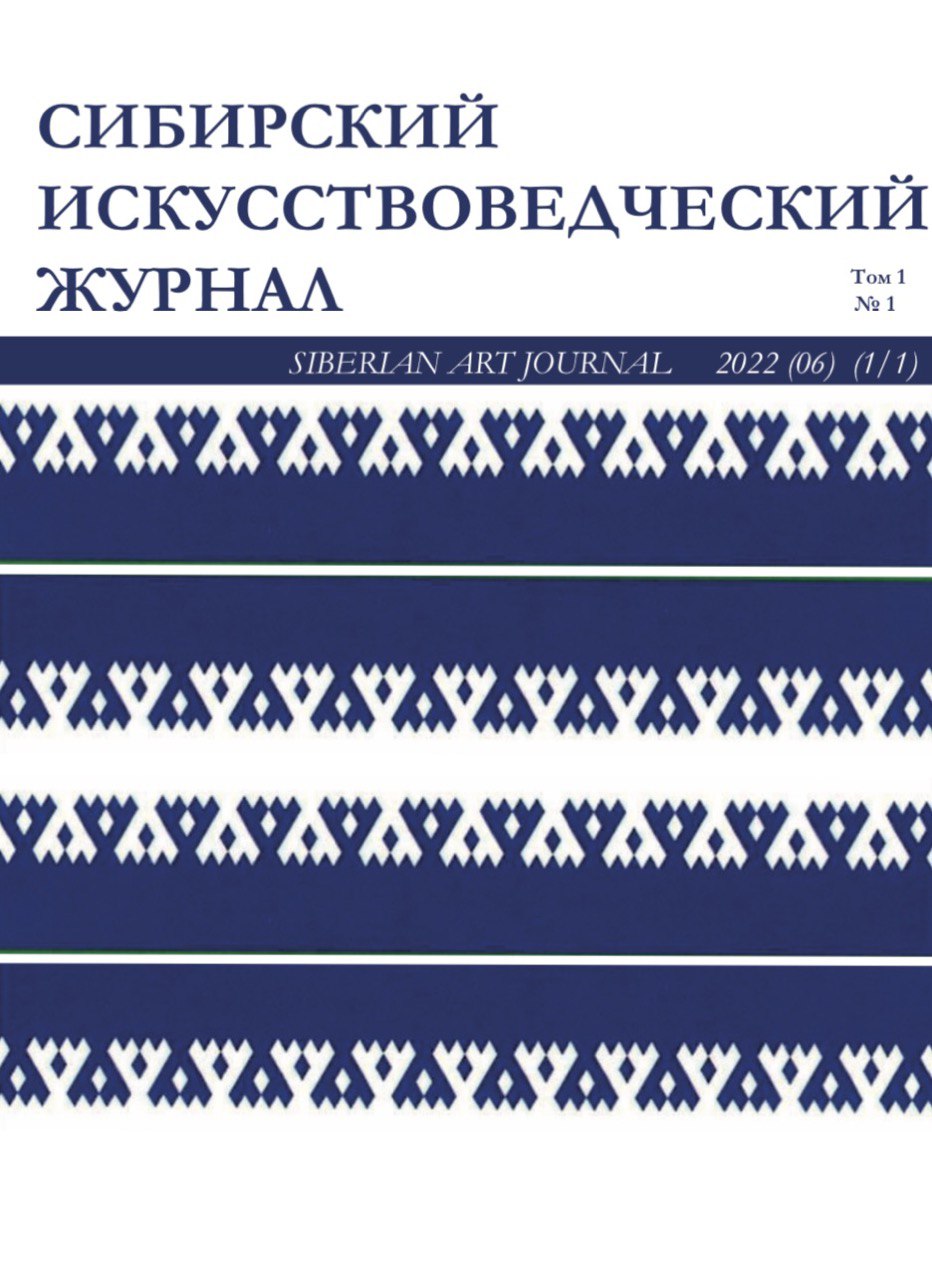employee from 01.01.2024 until now
Siberian Federal University
graduate student from 01.01.2025 until now
Russian Federation
The authors of the proposed review consider in detail the monograph by A.V. Ivanov, Yu.V. Popkov, I.V. Fotieva, T.A. Artamonova and M.Y. Shishin entitled "Russia in the environment of space and time (experience of a synthetic civilizational approach)": Barnaul: New Format, 2025. - 303 p., including articulating the key ideas of the text, marking their relevance from the point of view of the applicability of the theses put forward in the study to modern Russian society in the context of global challenges and processes, and also exposing the role of Russia, according to the description in the monograph, in the international arena, based on modern geopolitical realities, chronological processes and the formation of national mentalities in a historical context. Russian Russian Westernism and its specifics, conceptualization of the concept of the "Russian World" and consideration of its aspects, the role of Russia in the international arena and national identity, as well as the megacivilizational synchrony and diachrony, rhythms of world history, meridional civilization corridors, latitudinal civilization corridors of Russia, the authors review the material presented in the monograph, covering such issues as the role of Russia in the international arena and national identity. considering the possibility and prospects of returning to the Soviets, as well as the role of non-possessiveness for Russian culture and the question of the expediency of introducing its postulates into the way of modern Russia.
Russia, civilizational approach, megacivilizations, West, East, meridian bridge, civilization corridor, Eurasianism
1. Kapkanshchikov, S. G. (2025). Hybrid war against Russia as a pattern of the deployment of age-old cycles of hegemony and its instrumental support (part 3). International economics, 22(4), 272–288. DOIhttps://doi.org/10.33920/vne-04-2504-01 [in Russian].
2. Vinogradov, I. A. (2001). Gogol and Uvarov: Orthodoxy, Autocracy, Nationality. Bulletin of the Russian Humanitarian Science Foundation, 83–91 [in Russian].
3. Sushchenko, V. A. (2005). The origins and facets of anti-patriotism. Current problems of the humanities and natural sciences, 1(1), 113–118 [in Russian].
4. Kukoeva, A. A. (2011). The concept of “universal responsiveness” in F. M. Dostoevsky’s Pushkin Speech in the context of the dialogue of cultures and civilizations. Literary review: history and modernity, 1, 6–8 [in Russian].
5. Obertyaeva, I. A. (2024). Some features of conducting a hybrid war against Russia. Modern problems of the humanities and social sciences, 4(51), 84–88 [in Russian].
6. Ivanov, A. V. (2025). Russia in the middle of spaces and times (the experience of a synthetic civilizational approach). Barnaul: Novyi format, 303 [in Russian].
7. Perevezentsev, S. V. (2019). Russian meanings: The spiritual and political teachings of Russia in the 10th–17th centuries in their historical development. Moscow: Veche, 607 [in Russian].
8. Gumilyov, L. N. (2016). Theory of passionarity and ethnogenesis. Moscow: Librari “ABSOLUT”, 934 [in Russian].
9. Churakov, D. O. (2020). Memory wars as a tool for hybrid wars: innovations in teaching the history of the Great Patriotic War in the post-Soviet space. Moscow: Moscow Pedagogical State University, 411–419 [in Russian].





